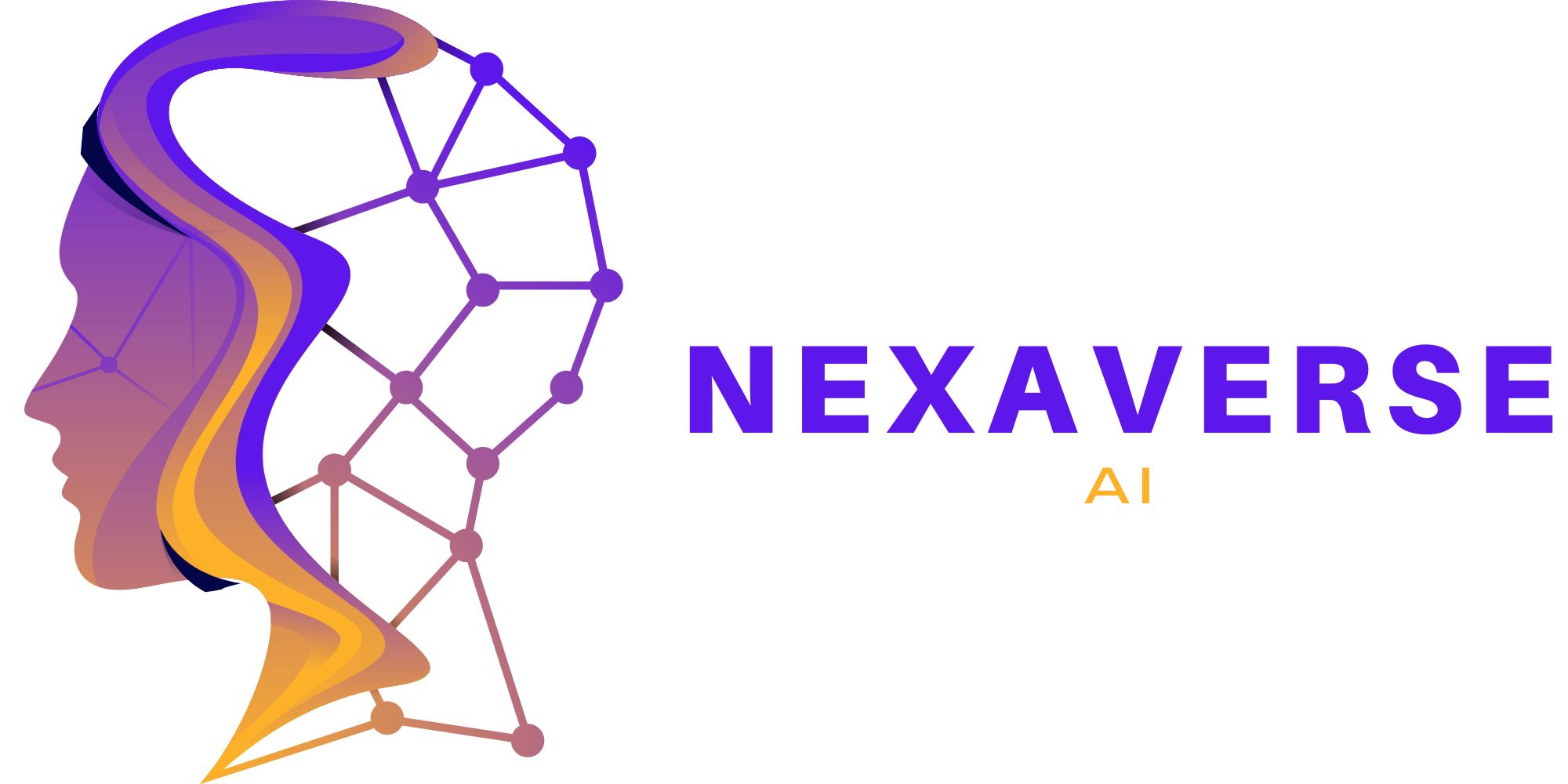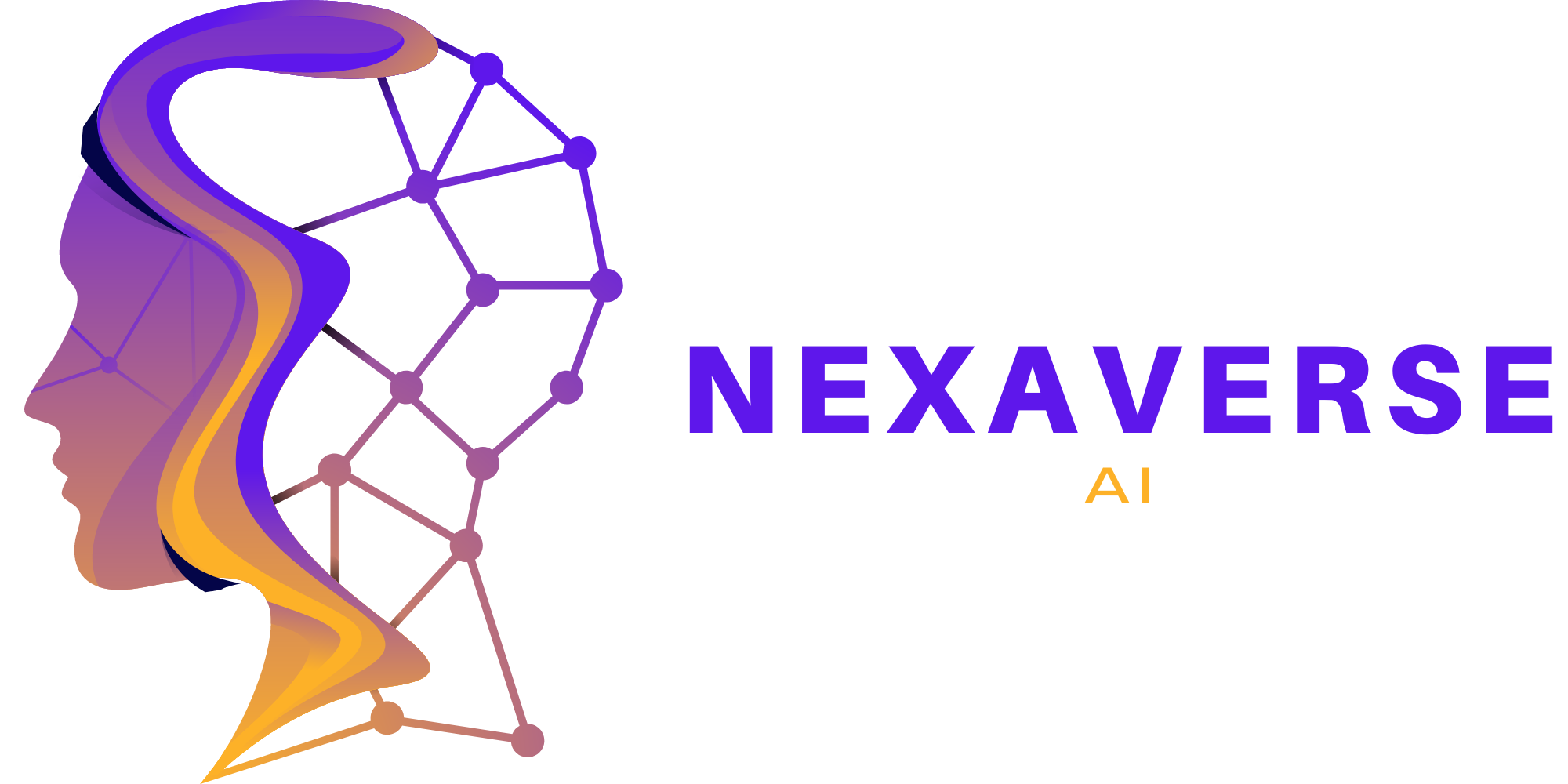Smart Cities of the Future: Exploring AI's Role in Urban Planning and Infrastructure
In this comprehensive guide, explore how AI is revolutionizing urban planning and infrastructure in smart cities. Discover the role of AI in enhancing urban mobility, building sustainable infrastructure, improving public safety, and overcoming challenges.

Creating Sustainable and Efficient Urban Environments with Artificial Intelligence
In today's rapidly urbanizing world, the concept of smart cities is gaining momentum. As cities grow in population and complexity, the need for sustainable and efficient urban environments becomes paramount. This is where artificial intelligence (AI) comes into play, revolutionizing the way cities are planned, managed, and developed. In this comprehensive guide, we will explore the role of AI in shaping the cities of the future and how it can transform urban planning and infrastructure.
From optimizing transportation systems to enhancing energy efficiency, AI holds tremendous potential in creating smarter, more livable cities.
Enhancing Urban Mobility
One of the key challenges in urban planning is ensuring efficient and sustainable transportation systems. AI can play a crucial role in optimizing urban mobility, reducing traffic congestion, and improving public transportation. By leveraging real-time data from various sources such as GPS, sensors, and traffic cameras, AI algorithms can analyze traffic patterns, predict congestion, and dynamically adjust traffic signal timings to optimize flow. Additionally, AI-powered smart transportation systems can provide commuters with real-time updates, suggesting the fastest routes and modes of transportation.
With AI, cities can achieve seamless and sustainable mobility for their residents, reducing travel times and minimizing environmental impact.
Benefits of AI in Urban Mobility:
- Traffic congestion reduction through intelligent traffic management.
- Real-time travel updates and personalized route suggestions for commuters.
- Integration of various transportation modes for seamless multi-modal journeys.
Case Study: Singapore's Intelligent Transport System
Singapore, a pioneer in smart city development, has implemented an Intelligent Transport System (ITS) powered by AI. The system collects data from various sources, including sensors, GPS devices, and traffic cameras, to monitor and manage the city's traffic in real-time. AI algorithms analyze this data to optimize traffic signals, manage road congestion, and provide real-time traffic updates to commuters. As a result, Singapore has significantly reduced traffic congestion, improved traffic flow, and enhanced the overall commuting experience for its residents.
Building Sustainable Infrastructure
AI has the potential to revolutionize the way cities plan, design, and build infrastructure. By leveraging AI algorithms and predictive modeling, urban planners can make data-driven decisions to create sustainable and resilient cities. For example, AI can analyze environmental data, energy consumption patterns, and building designs to optimize energy efficiency and reduce carbon emissions. Additionally, AI-powered simulations can help predict the impact of infrastructure projects on the environment, enabling smarter and more sustainable development.
With AI, cities can create infrastructure that is both environmentally friendly and responsive to the needs of its residents.
Benefits of AI in Sustainable Infrastructure:
- Energy-efficient buildings and infrastructure.
- Predictive modeling for sustainable urban development.
- Environmental impact assessment of infrastructure projects.
Case Study: Copenhagen's AI-powered Energy Grid
Copenhagen, known for its commitment to sustainability, has implemented an AI-powered energy grid. The system uses AI algorithms to analyze energy consumption patterns, weather data, and renewable energy sources to optimize the city's energy distribution. By intelligently managing energy supply and demand, Copenhagen has reduced its carbon emissions and become a role model for sustainable urban development. The AI-powered energy grid ensures a reliable and efficient energy supply while promoting the use of renewable energy sources.
Improving Public Safety and Security
AI can significantly enhance public safety and security in cities by leveraging advanced analytics and machine learning algorithms. By integrating surveillance cameras, sensors, and other IoT devices, AI can monitor and analyze vast amounts of data in real-time. This enables early detection and response to potential security threats, such as abnormal crowd behavior or suspicious activities. AI-powered systems can also assist emergency responders by providing real-time incident information, optimizing emergency response routes, and predicting potential hotspots for crime.
With AI, cities can create safer environments for their residents and improve the efficiency of emergency services.
Benefits of AI in Public Safety and Security:
- Real-time monitoring and early detection of security threats.
- Intelligent emergency response and optimization of resources.
- Predictive analytics for crime prevention and hotspot identification.
Case Study: New York City's Domain Awareness System
New York City has implemented the Domain Awareness System (DAS), an AI-powered platform that integrates data from surveillance cameras, license plate readers, and other sensors across the city. The system uses AI algorithms to analyze this data in real-time, identifying potential security threats and providing actionable intelligence to law enforcement agencies. The DAS has significantly enhanced public safety in New York City, enabling faster response times, crime prevention, and improved situational awareness for law enforcement officers.
Challenges and Considerations for Smart Cities
While AI offers immense potential for smart cities, there are several challenges and considerations that need to be addressed. Privacy and data security are major concerns, as the collection and analysis of vast amounts of data can raise privacy issues. Additionally, there is a need for transparent and ethical AI governance to ensure fairness and accountability. Another challenge is the digital divide, as not all residents may have equal access to AI-powered services and technologies. It is crucial for cities to address these challenges and ensure that the benefits of AI are inclusive and accessible to all.
By addressing these challenges, cities can harness the full potential of AI while ensuring a sustainable and equitable future.
In conclusion, the concept of smart cities powered by AI is no longer a distant vision of the future. It is becoming a reality, with cities around the world embracing AI to enhance urban planning and infrastructure. From optimizing transportation systems to building sustainable infrastructure and improving public safety, AI holds the key to creating smarter, more livable cities. However, it is essential to address challenges such as privacy, ethics, and accessibility to ensure that the benefits of AI are realized by all residents. The cities of the future will be shaped by AI, paving the way for sustainable, efficient, and inclusive urban environments.
Frequently Asked Questions (FAQs)
Q. How can AI improve energy efficiency in cities?
A. I can improve energy efficiency in cities by analyzing energy consumption patterns, optimizing energy distribution, and promoting the use of renewable energy sources. By leveraging AI algorithms and predictive modeling, cities can make data-driven decisions to reduce energy wastage and minimize carbon emissions.
Q. What are the privacy concerns associated with AI in smart cities?
A. The collection and analysis of vast amounts of data in smart cities can raise privacy concerns. It is essential to implement robust data protection measures, ensure transparent data governance, and obtain informed consent from residents. Additionally, cities should prioritize data security to prevent unauthorized access and misuse of personal information.
Q. How can AI improve public safety in cities?
A. I can improve public safety in cities by monitoring and analyzing data from surveillance cameras, sensors, and other IoT devices. By detecting and responding to potential security threats in real-time, AI-powered systems enable faster emergency response, crime prevention, and enhanced situational awareness for law enforcement agencies.
Q. What is the role of AI in urban mobility?
A. I plays a crucial role in optimizing urban mobility by analyzing real-time data from various sources such as GPS, sensors, and traffic cameras. AI algorithms can predict traffic congestion, optimize traffic signal timings, and provide commuters with real-time travel updates and personalized route suggestions. By leveraging AI, cities can achieve seamless and sustainable mobility, reducing travel times and minimizing environmental impact.
Q. How can cities ensure the accessibility of AI-powered services?
A. Ensuring the accessibility of AI-powered services is crucial for inclusive smart cities. Cities should strive to bridge the digital divide by providing equal access to AI technologies and services for all residents. This can be achieved by investing in digital infrastructure, promoting digital literacy, and addressing affordability barriers. Additionally, cities should prioritize user-centric design and ensure that AI-powered services are intuitive and easy to use for people of all backgrounds and abilities.
Q. How can AI contribute to sustainable urban development?
A. I can contribute to sustainable urban development by analyzing environmental data, energy consumption patterns, and building designs. AI algorithms can optimize energy efficiency, reduce carbon emissions, and help in making data-driven decisions for sustainable infrastructure development. Additionally, AI-powered simulations can predict the impact of infrastructure projects on the environment, enabling cities to prioritize sustainability in their urban planning efforts.
Smart cities powered by AI are not just a vision of the future but a reality that is gradually shaping the urban landscape. By harnessing the potential of AI, cities can become more sustainable, efficient, and livable for their residents. However, it is crucial to strike a balance between technological advancements and ethical considerations to ensure that the benefits of AI are accessible to all and contribute to a better future.




